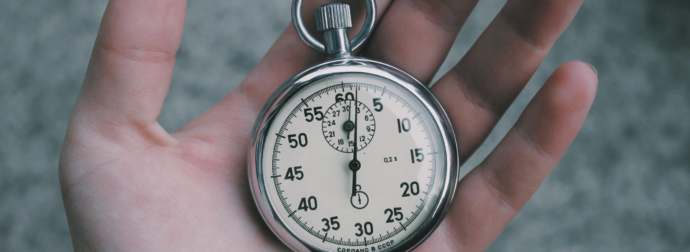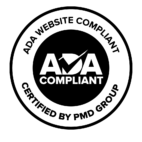For many Americans, credit cards are a critical financial tool. They allow for financial flexibility and can be used to budget more effectively. But sometimes things happen, and credit card debt piles up. It might be an unexpected medical or vehicle expense. Or maybe you were temporarily unemployed. Whatever the case, you know you need to get your credit card paid off, but where do you start?
This blog will explore the benefits of paying down your credit cards, how to pay off your credit card debt, plus offer some quick tips on making that dream a reality.
Why You Want to Pay Off Your Credit Card Debt
While having some credit card debt can be okay, having a lot of credit card debt can be harmful to your financial future.
Here are a few reasons you want to get your debt paid down/off as quickly as possible:
- Credit Score: The more debt you carry, the harder the hit on your credit score. 30% of your FICO score is determined by how much you owe on your credit accounts.
- Reduced Expenses: Paying off your credit card quickly means you’ll pay less in interest and free up your cash flow for other expenses.
- Financial Freedom: After you’ve paid down/off your credit card debt, the money you were putting towards credit card payments (and interest!) can be put into savings for the future.
You’ll also have the satisfaction of being that much closer to being out of debt – and that much closer to your financial goals, whether that’s retirement or the trip of a lifetime.
Pro tip: You don’t necessarily need to close your credit cards once you pay them off. Older accounts show you are able to manage debt responsibly.
How to Pay Off Your Credit Card Debt Quickly
Figuring out how to pay off your credit card debt quickly is challenging. Where do you start? How do you start? Here are three things you can do today to start paying off your credit card debt.
1. Make a List of All Your Credit Card Debts
If you’re like most people, you set your credit card payment on autopay and occasionally take a look at the bill to make sure you aren’t close to the limit. The first thing you need to do is make a list of your credit card debts.
These are popular approaches to listing your debts in order of importance:
- List and pay off the smallest credit card debts first
- List and pay off the credit cards with the highest interest rate first
Take a look at your overall list and see which approach makes the most sense to you.
2. Carefully Review Your Budget
To get really serious about paying off your credit card debt, you’re going to need to review your budget. You may need to cut expenses or redirect payments to get your debts paid off quickly. These cuts are usually just temporary, so don’t get too worried.
Possible expenses to cut or redirect include:
- Commit to cutting out expenses like streaming services, eating out, and any big purchases
- Consider making the minimum payment on most of your cards while you approach one card at a time
While you still want to put money into savings if you can, see if any money you’re saving might make more sense as credit card payments for the time being.
3. Consider Other Sources of Income
Let’s face it – no one wants to work an extra job, but paying off credit card debt may be worth spending a few months putting in some additional hours. You don’t have to take some miserable part-time job, though.
Consider these creative ways to boost your income:
- Put your skills to use in the freelancing world – you can design, write, consult, whatever suits your skillset
- Network with your social group to see if anyone has part-time professional opportunities you can take advantage of
You may even talk to your current employer about taking on additional hours if that’s an option.
Quick Tips on How to Pay Off Credit Card Debt
The most effective way to pay off your credit card debt quickly is simply to tighten down your expenses and find ways to increase your income until the debt is paid off. However, there are some small ways to make dents in your credit card debt:
- Cashback rewards: Make sure you apply your rewards to your credit card bill rather than redeeming them for gift cards or miles.
- Balance transfers: A 0% APR offer on a credit card may help save you money on interest, so long as you pay off the balance before the promotion expires.
If your credit score has improved since you opened your credit cards, you may also ask your credit card issuer about lowering your interest rate. This may save money in the long run.
Get Help with Your Credit Card Questions
Planning for your financial future is important. It doesn’t matter what stage of life you’re in, it’s never too early to get started toward financial freedom. A financial planner can help you figure out the best way to tackle your financial dreams, including your credit card debt.
Still have questions about how credit cards can impact your financial future? Contact the team of financial professionals at Eastex Credit Union today.




